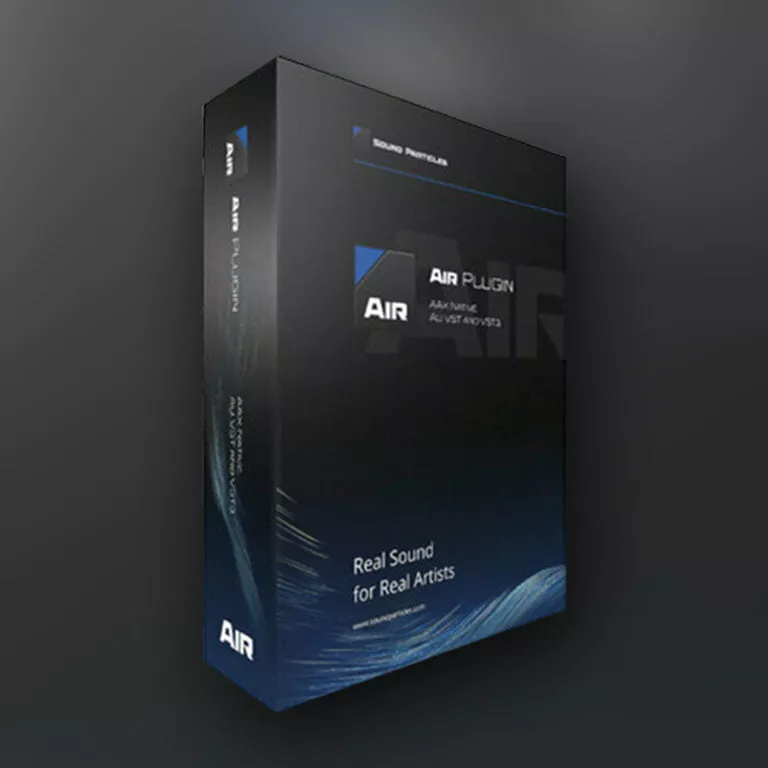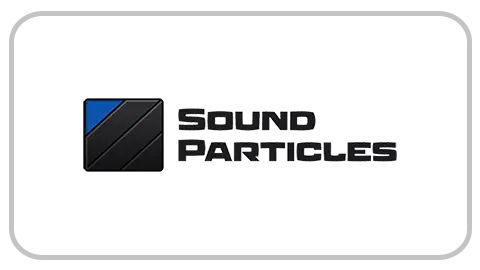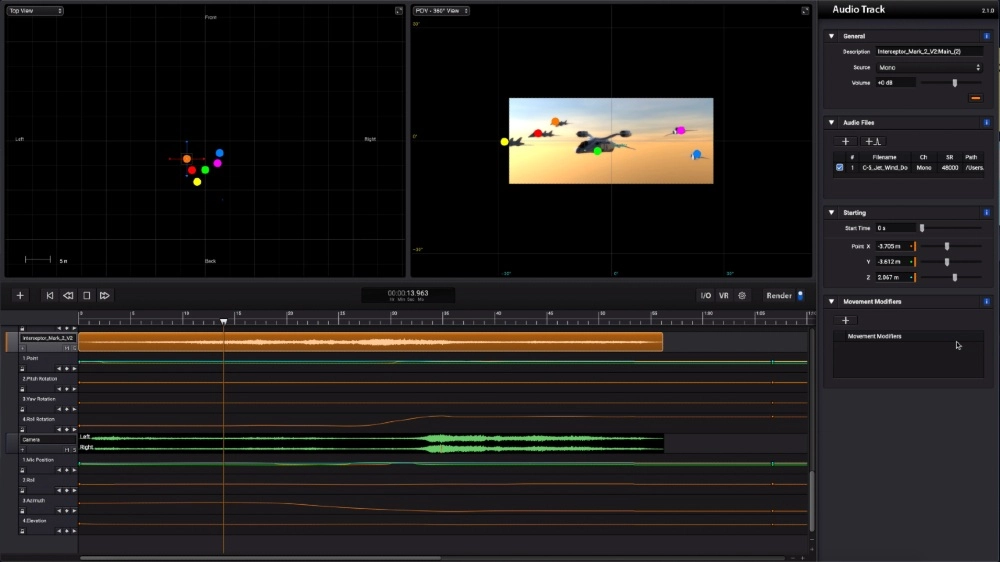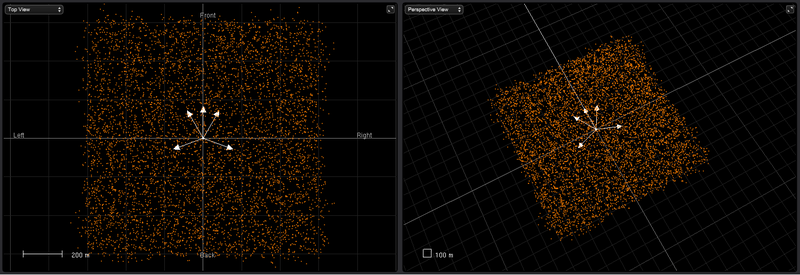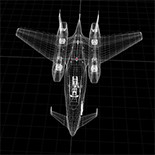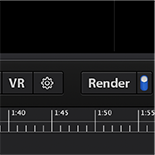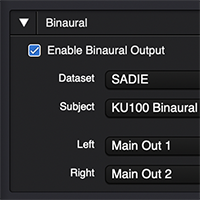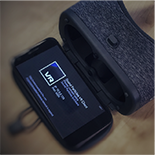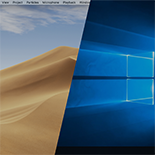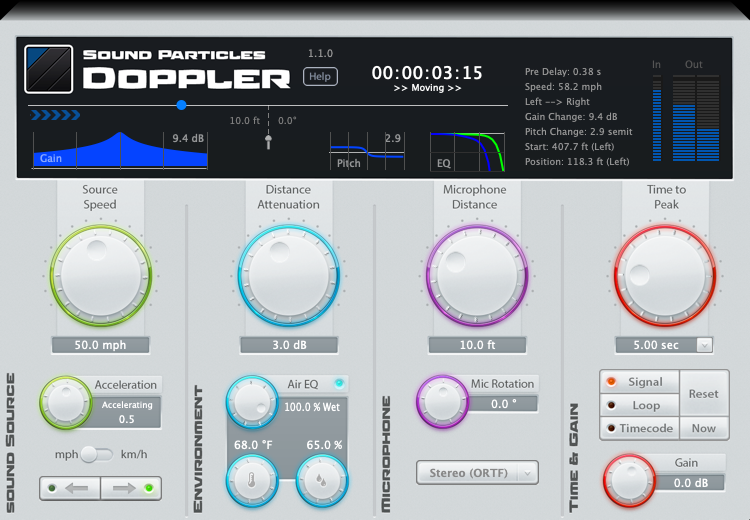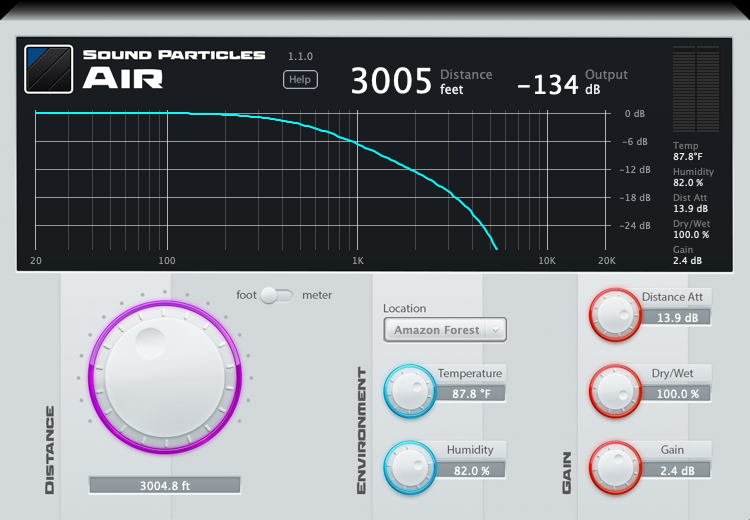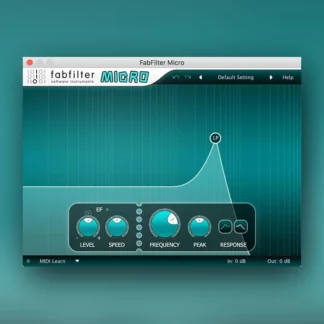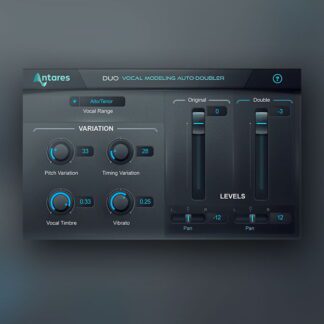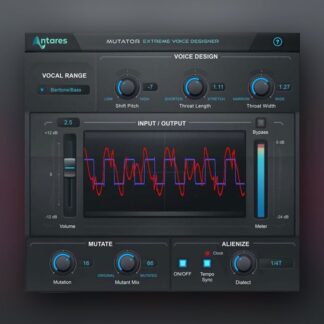The Ultimate 3D Audio Software
Sound Particles is an audio software application capable of generating thousands (even millions) of sounds in a virtual 3D audio world. This immersive audio application will enable you to create highly complex sounds on the fly, which will ultimately enable you to create new sounds better and faster than ever.
Sound Particles has been nominated for an ‘Outstanding Product’ award by the Cinema Audio Society.
Key Features – SP Team License 18 months includes:
- All features
- Companies
- Many users
- One Single Project 3
- Premium Support 5
- Doppler + Air plugins 6
- SP services 8

| All-New Engine
The 2.1 update incorporates a new audio engine, responding to real-time changes with optimized iterations, delivering your sound design in the best audio quality possible |
Batch Processing
Create your session and set Sound Particles to output hundreds of different renders in one pass. This feature makes mass production of sound effects a reality |
Track Presets
Create and save an infinite number of track and microphone settings, recall track setups with just two mouse clicks. Includes 100+ professionally crafted presets |
| User Templates
Save your sessions as templates. Include any number of tracks or microphones, never start from scratch again |
Enable / Disable
Enable or disable audio files, movement or audio modifiers. Experimenting with different techniques was never as easy as it is with version 2.1 |
3D Sound Source
For audio, each particle represents a 3D sound source (instead of a 3D object) and a virtual microphone captures the virtual sound of the particles (instead of the virtual CGI camera) |
Completely different from any other professional 3D audio software that exists today
Imagine that you want to create the sound of a battlefield with Sound Particles. You could create 10.000 particles (sound sources), spread them over a square mile, pick 50 war-related sounds from your sound library and render the entire scene with a virtual microphone (5.1, Dolby Atmos 9.1 bed, etc.).
Each particle would randomly select one of the war-related sounds for reproduction, which means that some particles would reproduce the 1st audio files, other particles would reproduce the 2nd audio files, and so on. Also, each particle (sound source) would be positioned randomly on a square with a length of 1 mile. To obtain more interesting results, movement modifiers would add motion to the particles and audio modifiers would apply random gains, delays, EQ or time/pitch variations. The virtual microphone will be responsible for capturing the virtual sound of the scene, based on its position, direction and the position of all particles. The sound of all particles is rendered, taking into consideration things like propagation attenuation, speed of sound and Doppler effect.

| CGI Integration

Working on animations or cinematics? Import 3D information from animations or visual effects into Sound Particles and attach sound to 3D objects in order to make your mix quicker than ever |
Real-time Rendering

Sound Particles now lets you hear, in real-time, the changes you perform. Adjust every parameter you desire, and the rendering process will automatically adapt to the changes |
Binaural Monitoring

Sound Particles will let you monitor binaural audio by decoding any type of audio format. Additionally, by using Ambisonics virtual microphones, you can monitor your mix with head-tracking |
| VR Client App

Test Sound Particles virtual reality projects on your Android device using this mobile application which communicates directly with the desktop application via IP. Includes 360 video, Ambisonics and head-tracking support |
Windows Support

The ultimate 3D audio software now supports both macOS and Windows. Now, by using these two operative systems, you can get the best out of two worlds with full compatibility between projects |
Doppler simulates the behaviour of objects moving through air, providing audio with highly accurate characteristics of sounds passing-by. With control of all parameters that physically affect pitch, level and EQ in a real-world situation, Doppler gives you the most natural-sounding emulation for your work.

Features:
- Highly Accurate Doppler: Accurate means Natural – because the brain knows what is natural and what is fake, you need the most accurate tools. Doppler plugin uses the same engine of Sound Particles, used in many Hollywood studios for creating the most natural-sounding Doppler effects, but now available as a plugin.
- Support for Immersive Audio: Simply select between different microphones, ranging from mono (omni, cardoid, figure-of-eight), stereo (MS, XY, ORTF, Blumlein, AB), 5.1, 7.1, 9.1 Dolby Atmos bed, or Ambisonics (up to 3rd order). The best Doppler for the best audio formats.
- Perfect Image Sync: Specify the time where you want the peak of the Doppler, and all other parameters will adjust to get the perfect sync with the image.
- Including Distance EQ: Besides volume and pitch, Doppler plugin also applies the perfect frequency response you would get from air dampening thru distance.
- World Units: Do you prefer “meters” or “feet”? “Mph” or “km/h”? Full integration with Imperial and Metric units, for an easy and more welcoming workflow for everyone.
- Control Surfaces: Use control surfaces (such as AVID S6) to edit the plug-ins’ parameters.
Air simulates the natural dampening that happens to higher frequencies from sounds as they travel through air, providing perfectly simulated frequency responses to dialogue or effects that you want to sound naturally distant.

Features:
- Several Locations: Air already includes settings from different locations around the globe, from Antarctica to Death Valley, but you are always able to enter your one custom values.
- Perfect result: Air is much more accurate than a simple low-pass filter, using exact frequency response values of air dampening.
- Frequency Response: With Air, you can see the actual frequency response that is being applied to the sound.
- Distance Attenuation: Control the volume over distance with the Distance Attenuation parameter.
- World Units: Do you prefer “meters” or “feet”? “Mph” or “km/h”? Full integration with Imperial and Metric units, for an easy and more welcoming workflow for everyone.
- Control Surfaces: Use control surfaces (such as AVID S6) to edit the plug-ins’ parameters.

